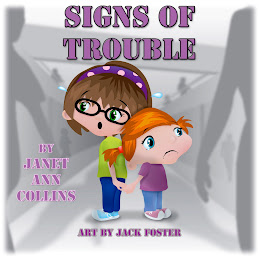Thankfully, most of those things have improved.
However having a child with a disability is still very stressful for parents.
Even though the people may know intellectually that they didn't do anything to cause the child's problems they're likely to feel guilty, and those who may have inadvertently done something that resulted in the disability struggle with terrible guilt.
The child probably takes a lot of time and attention away from other kids, and the extra care and expenses required because of their conditions can be difficult for the whole family.
It's not surprising that a lot of couples who have children with special needs get divorced, but a lot of them manage to stay together and have healthy family lives in spite of the problems.
What is their secret?
While there are no guarantees, the successful parents usually get help.
Sometimes school districts can offer advice and many of them will test children for learning disabilities and provide early intervention for three and four year olds.
Counseling can help parents forgive themselves and learn ways to deal with their children. Some may not have the time or money for counseling, but they manage to find support groups of other people who have similar situations. There are online groups dealing with almost any kind of special need and, if well moderated, those can provide advice, encouragement, and social contact with people who understand.
Some churches have special needs ministries and there are many organizations with local chapters. If parents can attend worship services or meetings while their kids are cared for by people who know how to do that safely, the respite means a lot. Camps and recreation programs for the kids can also offer respite care.
The parents' job isn't easy, but at least in our time many kinds of help are available.



No comments:
Post a Comment